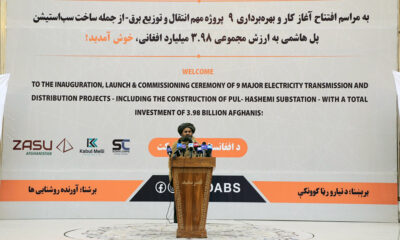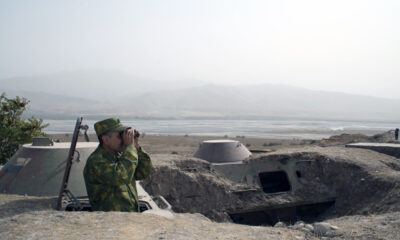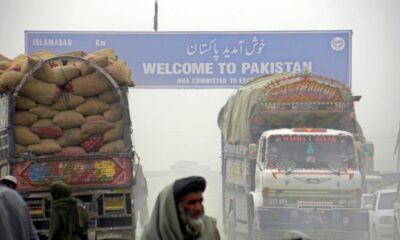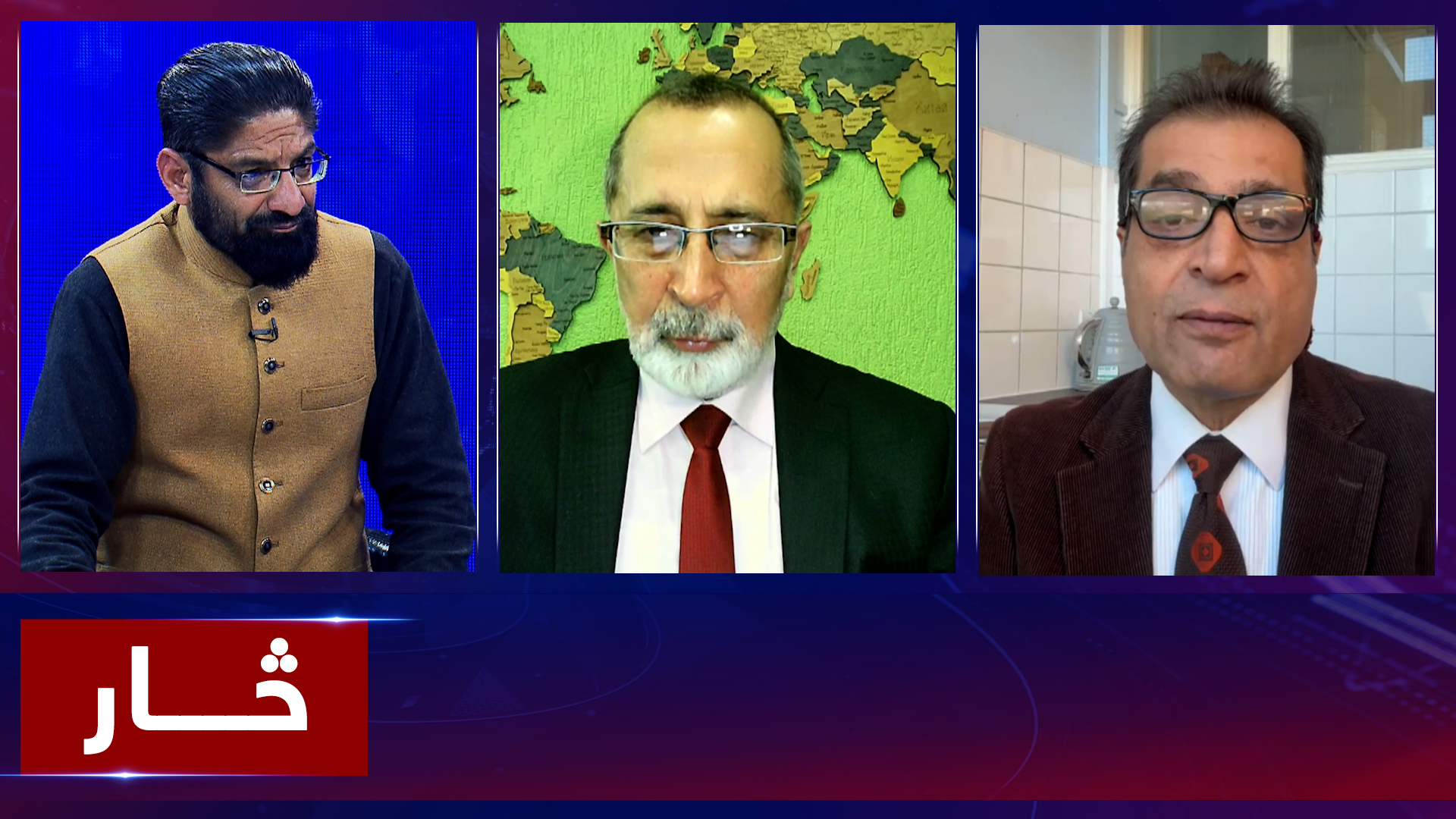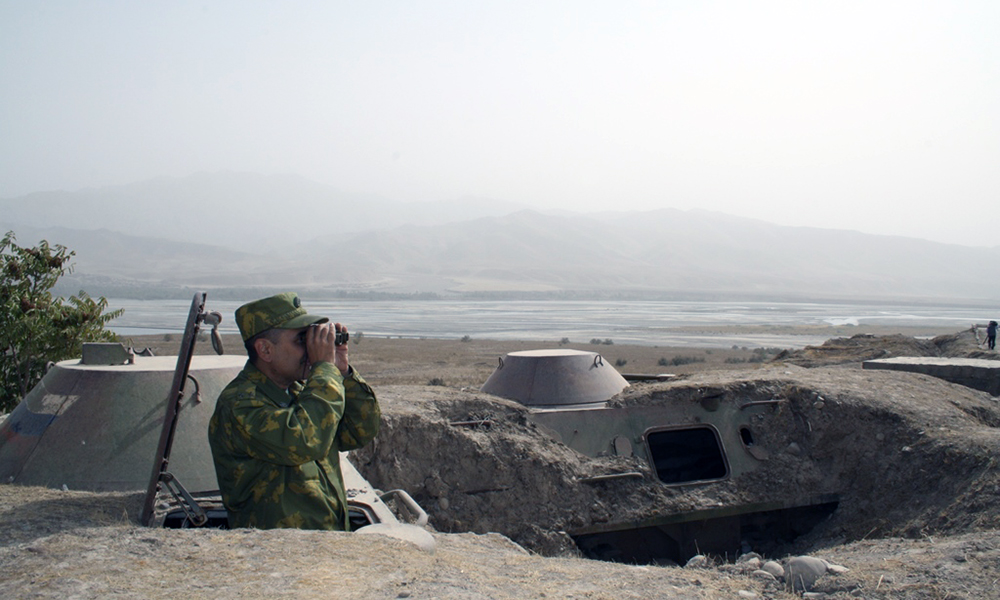Latest News
Atmar says gov’t will release remaining ‘hard-core’ Taliban prisoners by the end of next week
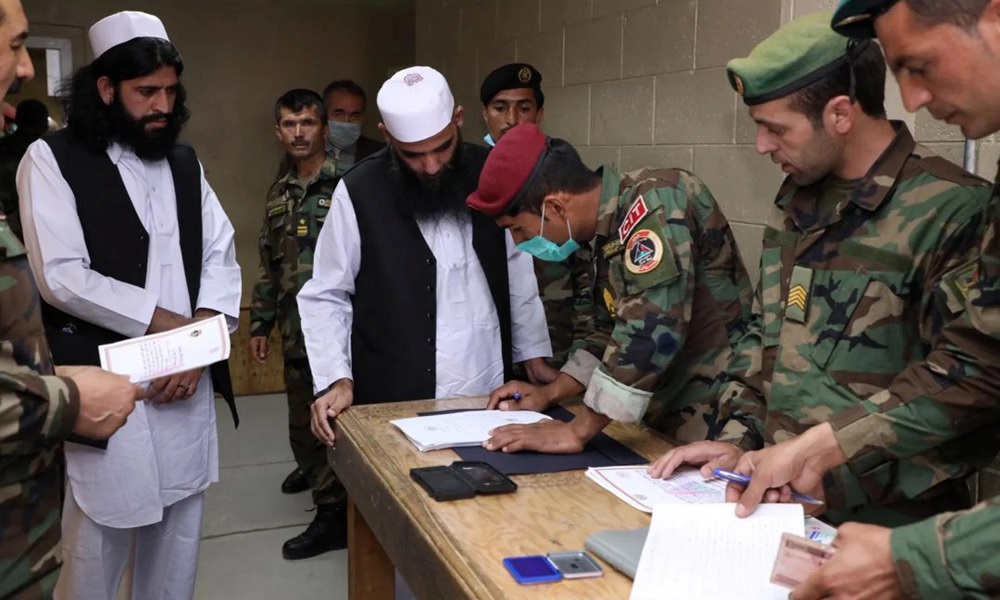
The Afghan government says that it would release the remaining “hard-core” Taliban prisoners by the end of next week, aimed to kick start the long-waited intra-Afghan negotiations.
In an online discussion hosted by Washington D.C.-based United States Institute of Peace, Acting Foreign Minister Mohammad Hanif Atmar said, “we will have released by the end of next week over 5 600 of Taliban’s prisoners.”
It is extremely important for us to work closely with Central Asia and assure them that peace in Afghanistan is going to serve their security needs as well, says Afghan Acting Foreign Minister Mohammed Haneef Atmar. #AfghanPeace https://t.co/uG5iZnCdY1
— U.S. Institute of Peace (@USIP) August 27, 2020
Atmar urged the freed prisoners not to return to the battlefields.
“The Taliban will have to honor their promise that these people will not go back to the battlefield,” he said.
Meanwhile, Abdullah Abdullah, Chairman of the High Council for National Reconciliation, said Thursday that Intra-Afghan negotiations between the Afghan government and the Taliban would start next week.
The first round of talks is expected to take place in Doha, Qatar, and will likely focus on a ceasefire.
Talks were due to start early this month but stalled after President Ashraf Ghani failed to release the remaining 320 Taliban prisoners as per a decree he signed to this effect.
Already about 5,000 Taliban prisoners have been freed but the last batch is deemed hardcore and is guilty of having masterminded some of the more serious attacks in the country while others are drug kingpins.
Atmar, however, said that most of this issue has been resolved.
“It seems that most of the hurdles have been either removed or we are in the process of building consensus on a solution. I am cautiously optimistic that this will not be a further hurdle on the way,” Atmar said.
Latest News
Saar: Russia’s relations with Islamic Emirate reviewed
Latest News
Tajikistan says two soldiers killed in clash with militants near Afghan border
Business
Afghanistan’s first aluminum can factory launched in Herat with $120 million investment
Mullah Abdul Ghani Baradar, Deputy Prime Minister for Economic Affairs, laid the foundation stone of the “Pamir” aluminum can production company at the industrial parks of Herat on Thursday.

Afghanistan’s first aluminum can manufacturing plant was officially launched on Thursday in Herat province, marking a significant step toward industrial development and economic self-reliance.
Mullah Abdul Ghani Baradar, Deputy Prime Minister for Economic Affairs, laid the foundation stone of the “Pamir” aluminum can production company at the industrial parks of Herat on Thursday.
According to officials, the Pamir factory is the first of its kind in Afghanistan and is being established with an investment of $120 million. The project will be built on 16 jeribs of land within Herat’s industrial zones.
Once completed, the factory is expected to create employment opportunities for around 1,700 Afghan citizens. Officials say the project will play a key role in boosting domestic production, reducing reliance on imports, and strengthening the national economy.
Authorities described the launch of the project as a clear sign of growing investment in the industrial sector and ongoing efforts to promote economic self-sufficiency in the country.
-

 Latest News2 days ago
Latest News2 days agoAfghanistan exports 10 containers of batteries to Saudi Arabia and UAE for first time
-

 Latest News2 days ago
Latest News2 days agoPakistani cleric condemns lifetime immunity for Army Chief as un-Islamic
-

 Latest News4 days ago
Latest News4 days agoAfghanistan signs 30-year deal for marble mining in Daikundi
-
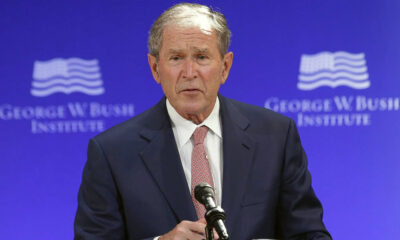
 Latest News4 days ago
Latest News4 days agoBush Institute criticizes Trump administration’s Afghan immigration freeze
-

 International Sports2 days ago
International Sports2 days agoAriana News to broadcast key AFC Champions League Two clash
-

 Regional3 days ago
Regional3 days agoPakistan agrees to $4 billion arms deal with Libyan National Army
-
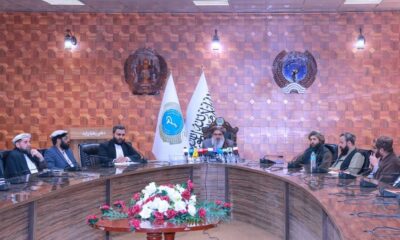
 Health2 days ago
Health2 days agoAfghan Health Minister hails India visit as new chapter in bilateral ties
-
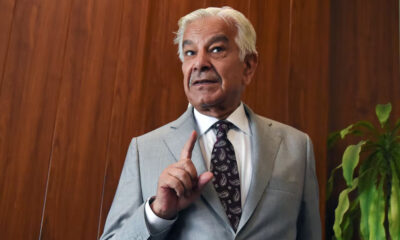
 Latest News1 day ago
Latest News1 day agoPakistan’s actions target militants, not religious sites: Khawaja Asif


